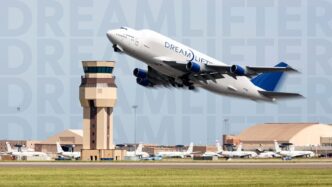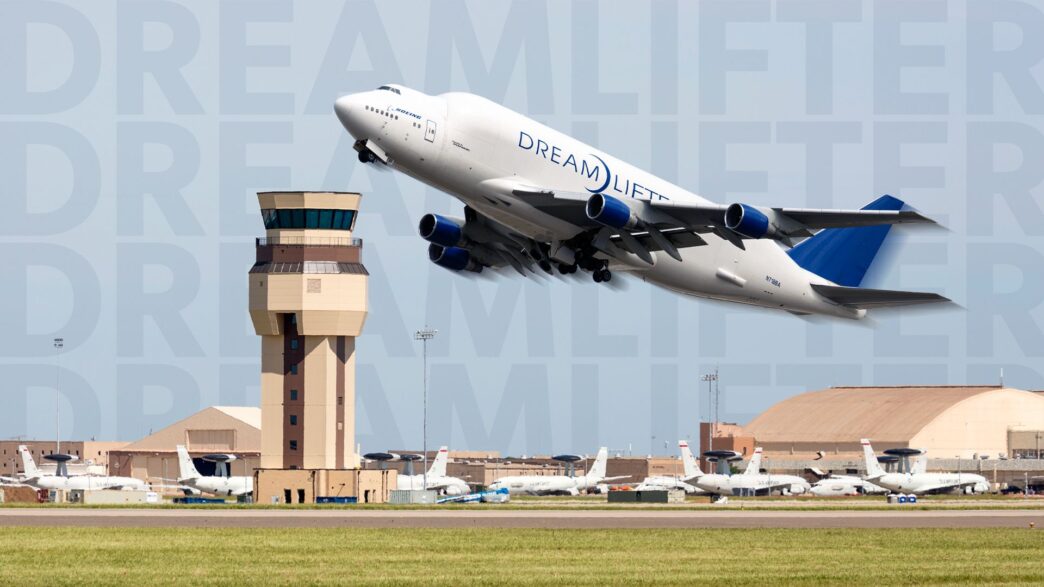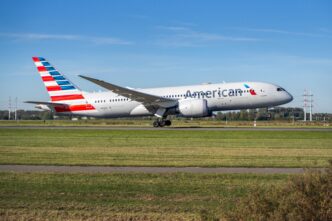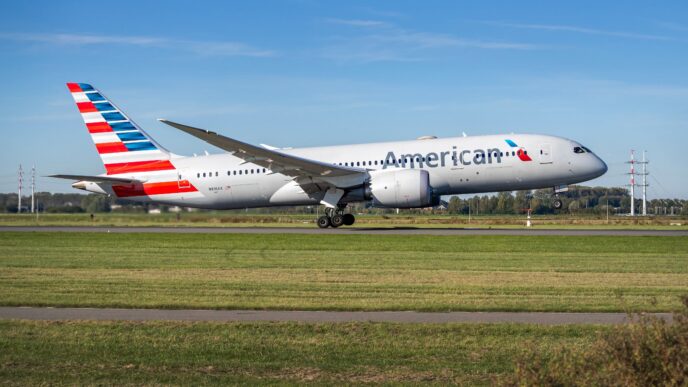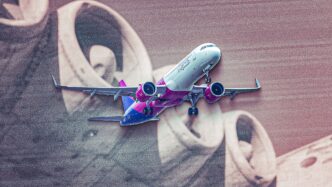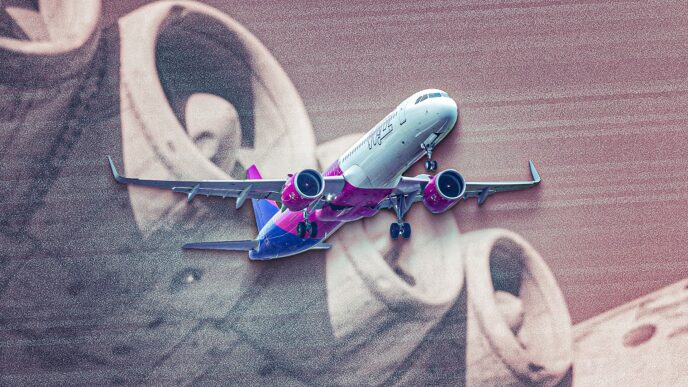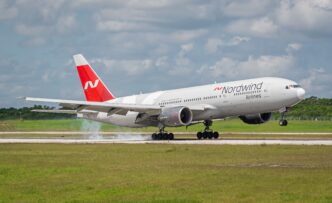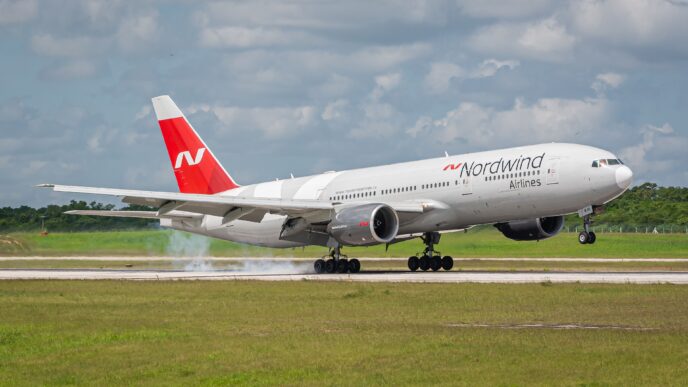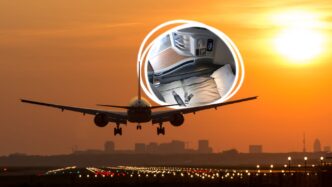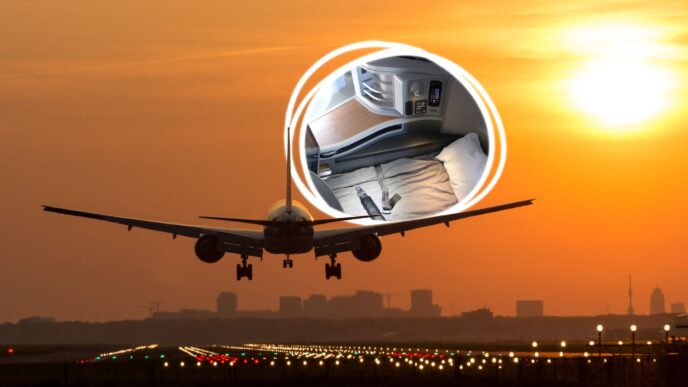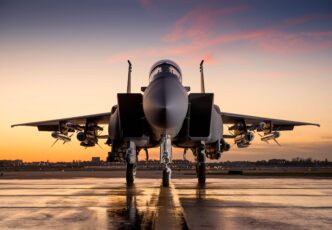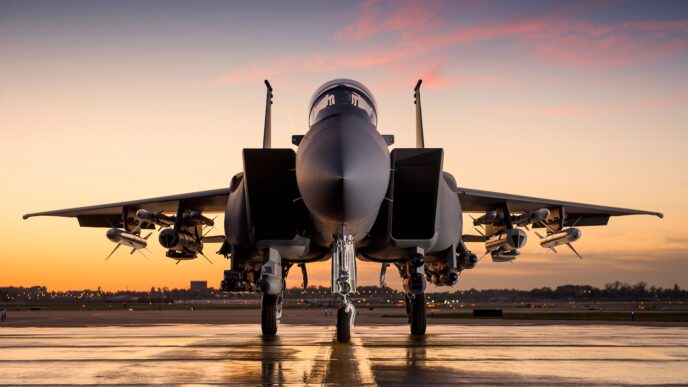McConnell Air Force Base, situated near Wichita, Kansas, is a frequent stop for Boeing’s unique 747 Dreamlifters. Unlike most aerospace factories that are based at civilian airports, Spirit AeroSystems operates out of this military base, producing key fuselage sections for Boeing’s 737 and 787 Dreamliner models. Since the Dreamliner is assembled in Charleston, South Carolina, Boeing relies on these massive Dreamlifters to transport the fuselages across the country. Wichita has a rich history in aerospace, dating back to World War II when it was a crucial player in the U.S. war effort, manufacturing 1,600 Boeing B-29 Superfortress bombers and 26,000 other aircraft. Although Boeing was once Wichita’s largest employer, a title it is set to reclaim by acquiring Spirit AeroSystems, the city remains a significant aerospace hub with companies like Textron Aviation, Learjet, and Airbus maintaining a strong presence.
The Boeing Dreamlifter is one of the most recognizable aircraft in the skies today, alongside other oversized cargo planes like the Airbus BelugaXL. This heavily modified 747-400, known as the Large Cargo Freighter (LCF), was specifically designed to meet Boeing’s logistical needs. With a cargo volume of 65,000 cubic feet—three times that of a standard 747-400F freighter—the Dreamlifter was built to transport 787 Dreamliner components from Italy and Japan to the U.S. Operated by Atlas Air under contract, these aircraft significantly cut down delivery times from 30 days to just one, and Boeing claims they can carry more cargo by volume than any other plane. Initially, Dreamlifters delivered 787 parts to Boeing’s Everett, Washington factory, but now they primarily serve the South Carolina assembly plant, as other Boeing models continue to be assembled in Washington.
While Boeing initially celebrated the global production strategy for the 787 Dreamliner, it soon faced challenges. The complex supply chain introduced multiple points of failure beyond Boeing’s direct control, complicating quality assurance. With contractors like Leonardo in Italy and Mitsubishi Heavy Industries in Japan, managing this intricate network proved difficult. This experience highlights the challenges of global supply chains, especially when quality and timeliness are critical. #Aerospace #Boeing #Dreamlifter #WichitaAviation #GlobalSupplyChain
Originally reported by Simple Flying Read More
